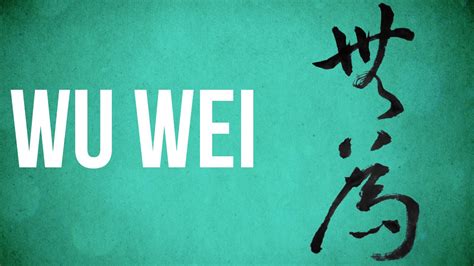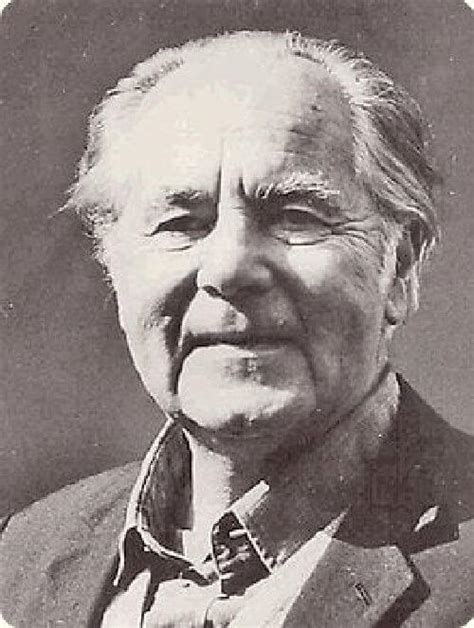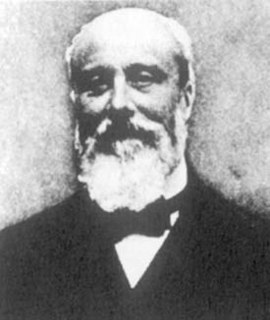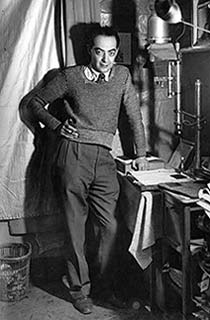A Quote by Annie Besant
In a deep metaphysical sense, all that is conditioned is illusory. All phenomena are literally 'appearances,' the outer masks in which the One Reality shows itself forth in our changing universe. The more 'material' and solid the appearance, the further is it from reality, and therefore the more illusory it is.
Related Quotes
In our everyday garden grow the rosemary, juniper, ferns and plane trees, perfectly tangible and visible. For these plants that have an illusory relationship with us, which in no way alters their existentiality, we are merely an event, an accident, and our presence, which seems so solid, laden with gravity, is to them no more than a momentary void in motion through the air. Reality is a quality that belongs to them, and we can exercise no rights over it.
Our business is to wake up. We have to find ways in which to detect the whole of reality in the one illusory part which our self-centered consciousness permits us to see. We must not live thoughtlessly, taking our illusion for the complete reality, but at the same time we must not live too thoughtfully in the sense of trying to escape from the dream state. We must be continuously on watch for ways in which we may enlarge our consciousness.
In real science a hypothesis can never be proved true...A science which confines itself to correlating phenomena can never learn anything about the reality underlying the phenomena, while a science which goes further than this and introduces hypotheses about reality, can never acquire certain knowledge of a positive kind about reality; in whatever way we proceed, this is forever denied us.
We declare that only man exists. This is not to say that material, inorganic nature and nonhuman beings-animals and plants-are in any sense unreal, insubstantial, or illusory because they do not so exist. We merely state that the reality of these nonhuman realms differs from that of human existence, whose primary characteristic is Da-sein (literally being-the-there)... Man as man is present... in a manner wholly different from... inanimate things.
I'm absolutely convinced that this is a world of appearances, not reality. There's one reality and that's Light and Love. When some say, we create our own reality, I always demur and say, "Please, would you mind adjusting that a little bit? We create our own appearances." We become master of appearances and as we change our thought, we will see the appearances around us change. That gives us this huge sense of dominion and power and control over our world.
Then there is the further question of what is the relationship of thinking to reality. As careful attention shows, thought itself is in an actual process of movement. That is to say, one can feel a sense of flow in the stream of consciousness not dissimilar to the sense of flow in the movement of matter in general. May not thought itself thus be a part of reality as a whole? But then, what could it mean for one part of reality to 'know' another, and to what extent would this be possible?
Now these two questions Does there exist a material reality distinct from sensible appearances? and What is the nature of reality? do not have their source in experimental method, which is acquainted only with sensible appearances and can discover nothing beyond them. The resolution of these questions transcends the methods used by physics; it is the object of metaphysics. Therefore, if the aim of physical theories is to explain experimental laws, theoretical physics is not an autonomous science; it is subordinate to metaphysics.
People ask me all the time, 'Are you fed up with reality TV?' At the end of the day, it can affect my career in the sense that the more reality shows there are, the less scripted dramas out there, but I can't ever really knock them. I started on 'Popstars,' which was a reality talent show. I have respect for them.
Most students of nature sooner or later pass through a process of writing off a large percentage of their supposed capital of knowledge as a merely illusory asset. As we trace more accurately certain familiar sequences of phenomena we begin to realize how closely these sequences, or laws , as we call them, are hemmed round by still other laws of which we can form no notion. With myself this writing off of illusory assets has gone rather far and the cobweb of supposed knowledge has been pinched (as some one has phrased) into a particularly small pill.
Spinoza , for example, thought that insight into the essence of reality, into the harmonious structure of the eternal universe, necessarily awakens love for this universe. For him, ethical conduct is entirely determined by such insight into nature, just as our devotion to a person may be determined by insight into his greatness or genius. Fears and petty passions, alien to the great love of the universe, which is logos itself, will vanish, according to Spinoza, once our understanding of reality is deep enough.
My images were surreal simply in the sense that my vision brought out the fantastic dimension of reality. My only aim was to express reality, for there is nothing more surreal than reality itself. If reality fails to fill us with wonder, it is because we have fallen into the habit of seeing it as ordinary.








































